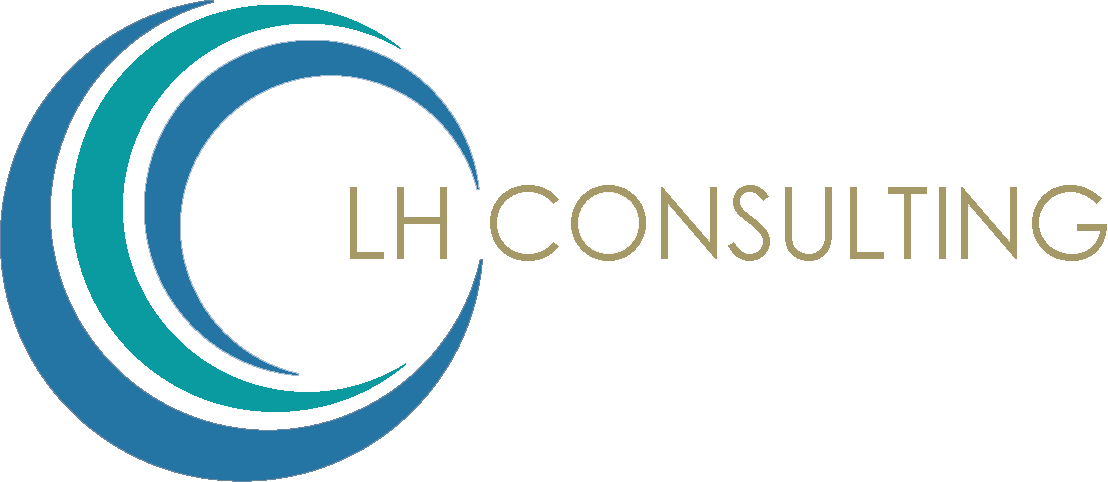Relationships are created with one person listening, and the other speaking. Create stronger relationships – focus on listening.
The first century AD philosopher Epictetus said, “We have two ears and one mouth so we can listen twice as much as we speak.” In the need to be heard, be acknowledged or be correct, people forget that listening is one of the easiest paths to honest, authentic communication with another human being.
Have you ever been upset with someone and, in anticipation to meet them, created a defensive argument in your mind ready to start the second you see them? Perhaps you simply wanted them to see your point of view.
What would happen if you enter the conversation with a conscious resolve to hear only their perspective for the first five minutes?
If you focus on listening instead of responding, how can there be conflict? Now, if you tell yourself to listen, but instead, you pay attention to the frustration rising to your throat, you aren’t really listening to them.
If you focus on listening instead of responding, how can there be conflict? Now, if you tell yourself to listen, but instead, you pay attention to the frustration rising to your throat, you aren’t really listening to them.
To listen is more than to hear. Hearing involves no conscious effort on your part. To listen, you interpret words, and notice the tone of their voice. Active listening is one step further. You observe body language and are able to repeat what was told to you in your own words.
Authentic listening diffuses conflict, offers something the speaker requires, and is the backbone to positive communication. It rids people from feeling stuck in their need to be heard, and in resisting another’s point of view. It also helps them to move forward as the topic moves forward, then frees them up to create further action. Authentic listening is effective in breaking down negative energy, and opening up positive energy.
Asking open-ended questions through active listening helps children to open up, expands creativity in employees, and helps others to work through issues in counseling. Open-ended questions also help the listener to participate non-judgmentally in any conversation. Your children would thrive with open-ended questions, especially regarding their habits and behaviors.
Open-ended questions are essentially any question which does NOT have “yes” or “no” answer. It is an opportunity to reflect more fully on what the speaker has to say, whether they are colleagues, friends or your children. One open answer creates another open question, and trust and authenticity grow.
5-Minute Metamom – Open-Ended Statements and Questions
Who, what, how, why, when and where are great starts to open-ended questions. In addition, statements can perform the same function when they nudge the person to start sharing. “Tell me about your day.” “I’d love to hear about your trip.” “I’m sorry we ended our conversation so abruptly last week. I’d like to hear more about how you are doing with your daughter.”
Once the conversation begins, ask a question. “When do you plan to take the next step?” “Why do you think that bothers you so much?” “Who could help you with that?” “How can I help you further?”
Listen to their response.
Don’t be afraid of a few seconds of silence. Silence expands the moment between you, and gives the speaker some space to process and be present.
Another short excerpt from Leigh’s forthcoming book, Metaphysical Mom: 5 Minutes to Calm. To receive notice of publication, sign up on the blog email list, top right corner of this article. Or follow MetaphysicalLife on facebook
Connect on Facebook: http://www.facebook.com/elevationbeauty
Follow on twitter: http://www.twitter.com/elevationbeauty
Follow on twitter: http://www.twitter.com/elevationbeauty

2 Comments
Listening and being present with the person talking can make all the difference in the world. I know it's not always easy when there's so much to do. Asking open ended questions on your facebook page is also a great way to create more activity and engage with your readers.
You are so right! Thanks for the tip.
What have been some of your more active questions? (Perhaps I responded to some of them:))
Comments are closed.